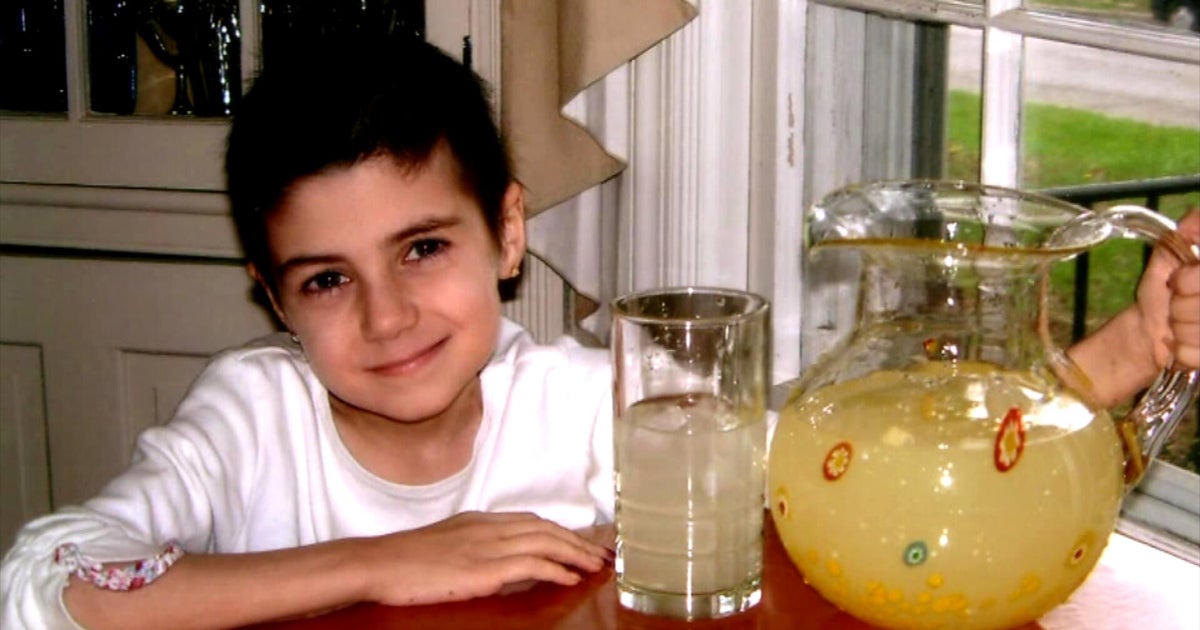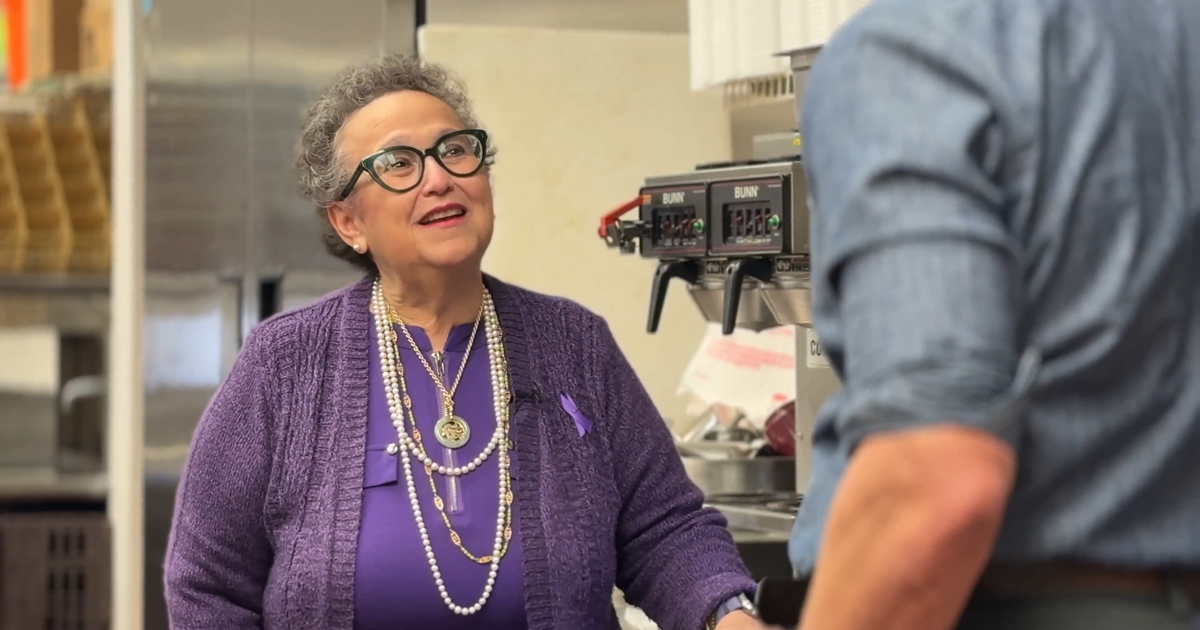James Michael Tyler, actor who played Gunther on "Friends," dies at age 59 from prostate cancer
Actor James Michael Tyler, who played Gunther on the sitcom "Friends," died Sunday morning from prostate cancer at his home in Los Angeles, Tyler's manager confirmed to CBS News. He was 59.
Tyler spoke publicly about his cancer diagnosis over the summer. "I've been dealing with that diagnosis for almost the past three years," he said on the "Today" show. "It's stage 4. Late-stage cancer. So eventually, you know, it's gonna probably get me."
Tyler is survived by his wife, Jennifer Carno.
In June, Tyler said he was at an annual checkup when the cancer as first caught. "I was 56 years old at the time, and they screen for PSA, which is prostate-specific antigen," he said.
"Nearly immediately, my doctor called me and said 'Hey, I need you to come in tomorrow because I suspect that you may have quite a serious problem with your prostate,'" Tyler said.
He said the reason he appeared virtually at a recent "Friends" reunion instead of in person was because of his illness.
"I wanted to be a part of that, and initially I was going to be on the stage, at least, with them, and be able to take part in all the festivities," said Tyler, who appeared via Zoom. "It was bittersweet, honestly. I was very happy to be included."
He said it was his decision not to be there in person or explain why. "I didn't want to be like, 'Oh, and by the way, Gunther has cancer,'" he said, adding that many of the former castmates did know about his illness.
Prostate cancer, one of the most common types of cancer, often grows slowly and stays confined to the prostate gland, according to the Mayo Clinic. However other types of prostate cancer are aggressive and can spread quickly.
While low-grade prostate cancer may not need treatment right away or ever, prostate cancer can be treated by removing the prostate or with radiation therapy, chemotherapy and other treatments, according to Mayo Clinic.
Prostate cancer in particular is almost 99% treatable if detected early and those with a history of prostate, ovarian, breast, colon or pancreatic cancers among male and female relatives should begin to discuss screening starting at about 40 years old, according to the Prostate Cancer Foundation.





